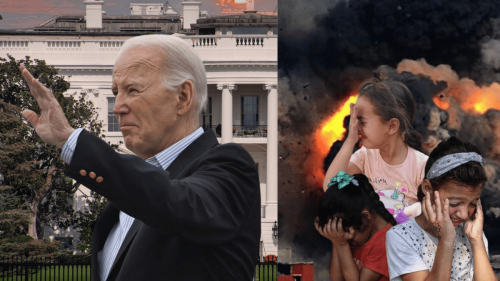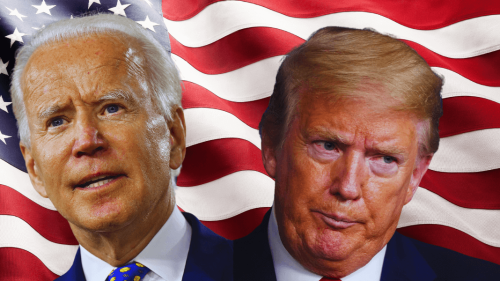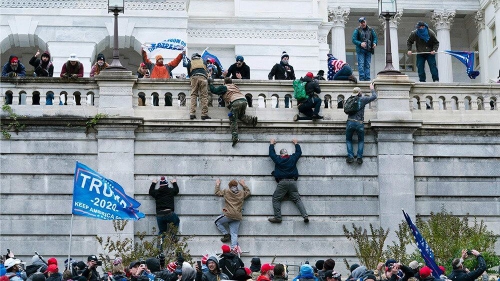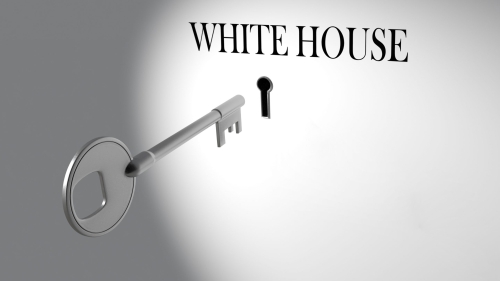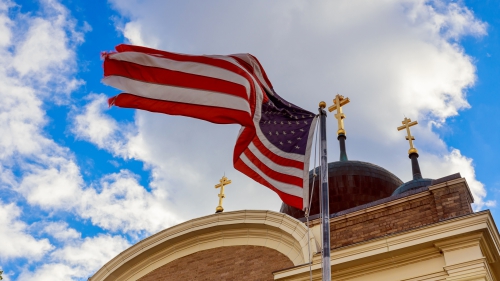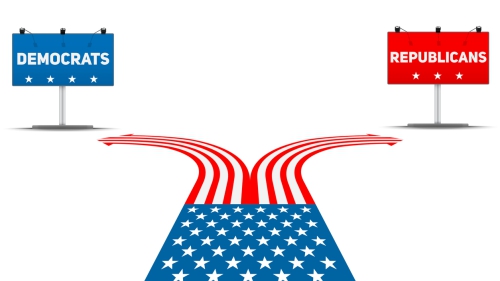Trump May Lose, But Trumpism Lives On

Donald Trump’s decisive victory in the Iowa caucuses and commanding lead in upcoming primaries should put to rest fantasies of Republicans hopeful that their party can be rescued from his clutches. These foes of the former president don’t understand his hold over voters.
“Never Trumpers” and many establishment Democrats act as if the problem were just the man that if only Trump could be beaten or shut down, all would be well.
Trump is a well-established problem—pathological narcissist, outlandish exaggerator and outright liar, fraud, misogynist, and inciter to violence. Yet, despite the best efforts of many to discredit or dislodge him, he has only grown stronger.
There are two major reasons for this failure. First, those seeking to depose him ignore that his support is grounded in deep discontent predating his emergence on the national political stage. Second, the attacks against Mr. Trump emanate from the very institutions and individuals he’s targeted, and have only reinforced his popularity with his supporters.
Trump isn’t the first demagogue to lead a right-wing populist movement. Governor George Wallace’s 1970s segregationist American Independence Party, the late 1980s Moral Majority/Christian Coalition movements, Pat Buchanan’s 1988 “Pitchfork Brigade,” and the anti-Obama Tea Party and “Birther” movements—these set the stage for Trump’s rise.
What spawned these movements was more than a half a century when many, mainly white, middle/working class Americans experienced social, political, and cultural dislocations and an unsettling loss of control over their lives and futures.
The ‘60s and ‘70s were especially traumatic for many Americans with the emergence of three transformative movements that shook society, politics, and culture: the Black-led movement for civil rights; the deeply divisive movements for and against the war in Vietnam; and a cultural revolution that upended accepted social mores.
In their wake, what then-President Richard Nixon called “the silent majority” reacted: incidents of overt racism or fear of racially-motivated violence; displays of hyper patriotism or a loss of faith in the country, its institutions, and professed values; and a sense of being unmoored by radical social and cultural change.
For fifty years Americans reacted to these stressful changes with manifestations of racially-motivated fear of the “others,” hyper-patriotism or a romanticization of America’s “great past,” and refuge in the embrace of fundamentalist religious beliefs.
The 2008-2009 economic collapse and Barack Obama’s election brought these threads together, setting the stage for Trump’s emergence. In a matter of weeks, pensions disappeared, unemployment doubled, and foreclosures skyrocketed. After Obama’s election, Republicans pounced on his race and “foreignness” raising questions about whether or not Obama was even an American—with Trump this craze’s major proponent.
With these preconditions established, Trump entered as a masterful entertainer who could exploit people’s fears and insecurities and project the strength and certainty they craved. He warns of immigrants who bring violence and take jobs, and of once-respected institutions, like law enforcement, courts, media.
A decade later, his movement has taken control of the Republican Party and may retake the White House. Despite efforts by the Republican establishment and Democrats, he has only grown stronger. Their efforts to hold him accountable rely on the very institutions he accuses of conspiring against him. By questioning the integrity of the courts, FBI, media, and of course, Democrats, Trump inoculates himself.
By convincing his supporters that he alone understands their pain, fears, and frustrations, and can defend them, an attack on him becomes an attack on them. They cling to him for security and certainty.
Neither a rape conviction nor concurrent trials for financial fraud, incitement, mishandling and lying about illegal possession of secret government files will bring him down. Trump may lose this election, but his movement will continue to pose threats, including violence, maybe even greater than that of January 6, 2021. Lawlessness and acts of bigotry cannot be tolerated.
While punishment is required, simply defeating Trump and punishing him isn’t enough. Instead of demeaning or attacking Trump’s supporters, a concerted effort is needed to address the issues at the root of their insecurities and discontent. Finding constructive progressive solutions that demonstrate respect and concern won’t happen overnight, but if efforts aren’t made in this direction, “Trumpism” will only fester and grow.










